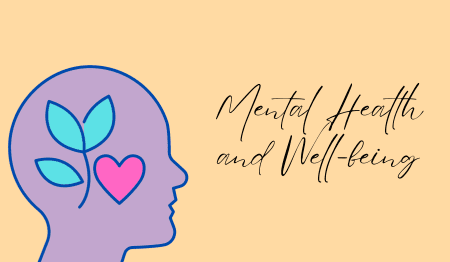Now, more than ever, it is so important to be tuned into our
Mental Health. The current global pandemic has sent the world into a spiral and
our world ‘as we know it’ has changed somewhat significantly. To working from
home, not visiting family or friends, no meals out or entertainment, it is so
easy to get bogged down and feel low, without perhaps even realising it.
I attended a webinar this week called ‘Mental Health in the Legal Sector’
focusing on how mental health is having an impact on junior lawyers and
affecting them at the moment. It was a very useful insight into how important
it is that we keep an eye on our mental health, and those around us.
The World Health Organisation suggests that one in four people in the world will be affected by mental health or neurological disorders at some point in their lives. An estimated 268 million people worldwide suffer from depression and a Lancet Commissioned report into mental health said mental disorders are on the rise in every country globally.
In particular, mental health is a growing concern in the
legal sector. A Solicitors’ role often comes with long hours, financial
targets, tight deadlines and if this is not controlled and dealt with, it can
have a seriously negative impact on mental health.
Junior lawyers in particular are feeling the stresses and strains of needing to
perform well in their new roles to prove themselves, they have recently
qualified and been thrust into this new role as a Solicitor and they want to
make sure they prove that they can do it. They may take on more work than they
can deal with, work longer hours to get the work done and not realise that they
are letting the pressures of the role affect them mentally. This is then
causing a build-up of stress, which is the biggest risk factor behind rising
mental health problems.
Of course, the work needs to be done, and to a high standard, but the important
aspect to remember is to keep your work allocated to the time given for ‘work’
and make sure you are taking time out for ‘yourself’. Working too long hours
has the opposite effect as you are not working productively and just draining
yourself mentally, resulting in a vicious cycle of feeling more stressed as
your body cannot cope. This will only result in poor performance at work and
make the whole situation heightened.
So, what can companies do to limit the negative effects of mental health on their employees?
One major component to enhancing our mental health has come from the new work from home culture. The global pandemic has entered us into a new world of flexible working that we perhaps wouldn’t have reached for another 5 years or so and employees are benefiting from a better work life balance.
When speaking to candidates working from home, I often find them saying that they are happy to do that little bit of extra work after 5pm because they don’t have a long commute afterwards and they are already in the comfort of their own home. We are therefore able to get on top of our job roles more easily and thus resulting in less stress!
It is important for employers to recognise the important of this in the workplace and perhaps hold monthly or weekly 1-2-1’s with their staff, provide access to counselling, hold webinars highlighting the importance of managing stress and taking care of your well-being.
The golden rule is ALWAYS speak out if you are struggling, after all, they do say – ‘A problem shared is a problem halved’. The chances are, somebody is having the same struggles as you are, and you can seek the help you need before it really gets on top of you.


